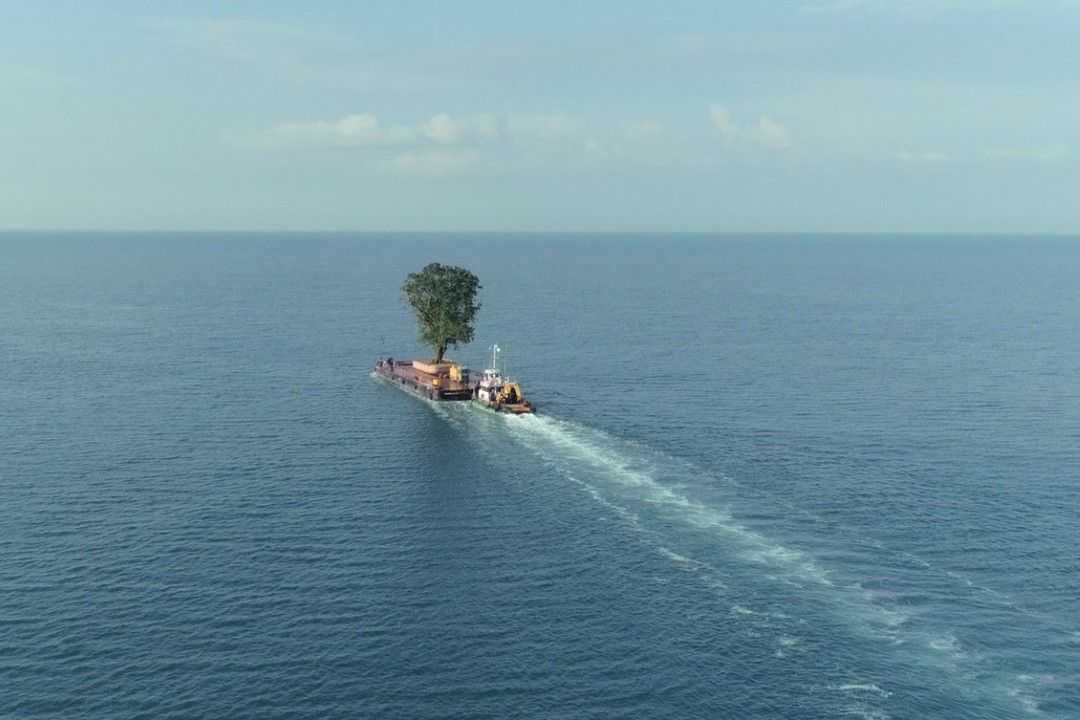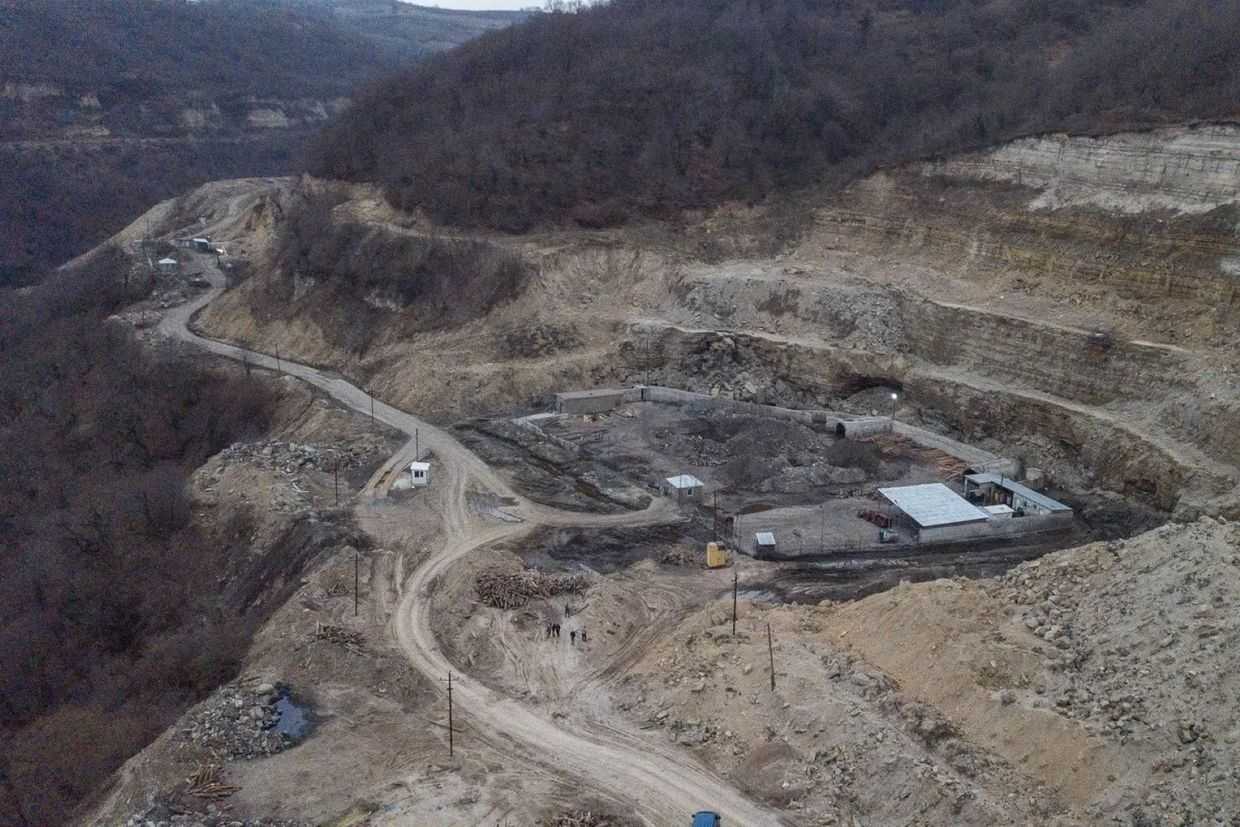
Eleven people have died as a result of landslides and avalanches in Georgia’s western Imereti and Adjara regions. The natural disasters hit on Tuesday and Wednesday, following heavy rain.
On Tuesday, two people died in Adjara’s Khulo and Keda municipalities, as the result of an avalanche and a landslide. Local media reported that more than 90 households were evacuated from the impacted areas in Khulo, Keda, and Shuakhevi municipalities.
Nine more people were killed in Nergeeti, Imereti, after a section of a hill collapsed, causing a mudslide that destroyed four houses in the early hours of Wednesday. Those killed in Imereti included three children in their late teens and their father.
The disasters were caused by heavy precipitation in central and western Georgia, which began on Monday.
Heavy snow blocked roads in the region, leading to the temporary closure of 27 schools, while train connections from Tbilisi to Batumi, Poti, and Zugdidi in western Georgia were also suspended on Tuesday and Wednesday.
In a statement released on Thursday, Georgia’s National Environmental Agency attributed an increase in the frequency of natural disasters to climate change, directly linking mountain landslides to an increase in heavy precipitation.
RFE/RL, however, published an internal study by the agency from 2022 that noted that Nergeeti and seven other villages in Baghdati Municipality were at risk of mudslides and suggested that measures be taken to mitigate that risk.
The Environmental Agency later announced that geologists had been tasked with conducting a ‘detailed study’ of geological threats, with the agency to publish a corresponding report ‘in the near future’.
Vasil Gedevanishvili, the head of the agency, added that even with such studies, areas at risk of landslides would not be fully insured against future damage.
‘Unfortunately, we are powerless in the fight against natural disasters. We do our best to insure such risks, which is very difficult and in many cases impossible’, said Gedevanishvili.
He added that the landslide in Imereti had developed ‘instantly’, making it impossible to have prevented the consequences.
Since a catastrophic mudslide in Shovi, north Georgia in August 2023, the Emergency Management Service has sent text messages to warn people of heavy rainfall and dangerous weather conditions. The government’s response to the Shovi mudslide and alleged lack of preparation despite known risk factors was widely criticised at the time.
[Check out our podcast episode: Podcast | Shovi: an avoidable tragedy?]
On Wednesday further damage hit Khashuri, central Georgia, when the Shova River overflowed and reportedly flooded more than 200 buildings. Strong winds have also brought down trees, damaged roofs, and caused blackouts in both central and western Georgia.
A landslide also reportedly hit the Skhalta valley in Adjara on Thursday, with RFE/RL stating that a road was blocked and bridge was destroyed.
Incoming Prime Minister Irakli Kobakhidze’s government programme, presented to parliament on 2 February, promises to ‘improve the monitoring of geological processes’, committing to installing ‘modern monitoring systems’ at 11 locations at high risk of landslides.







